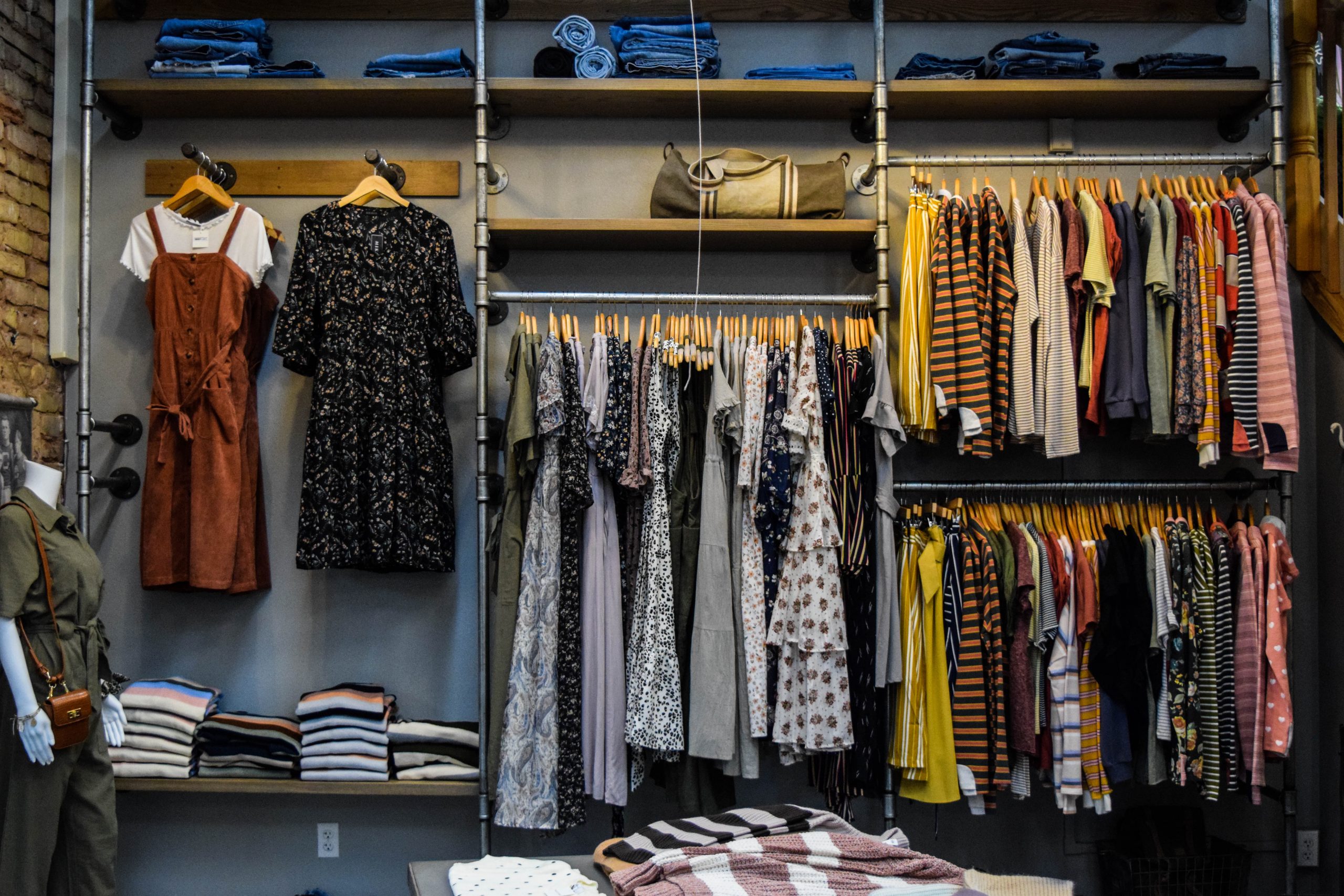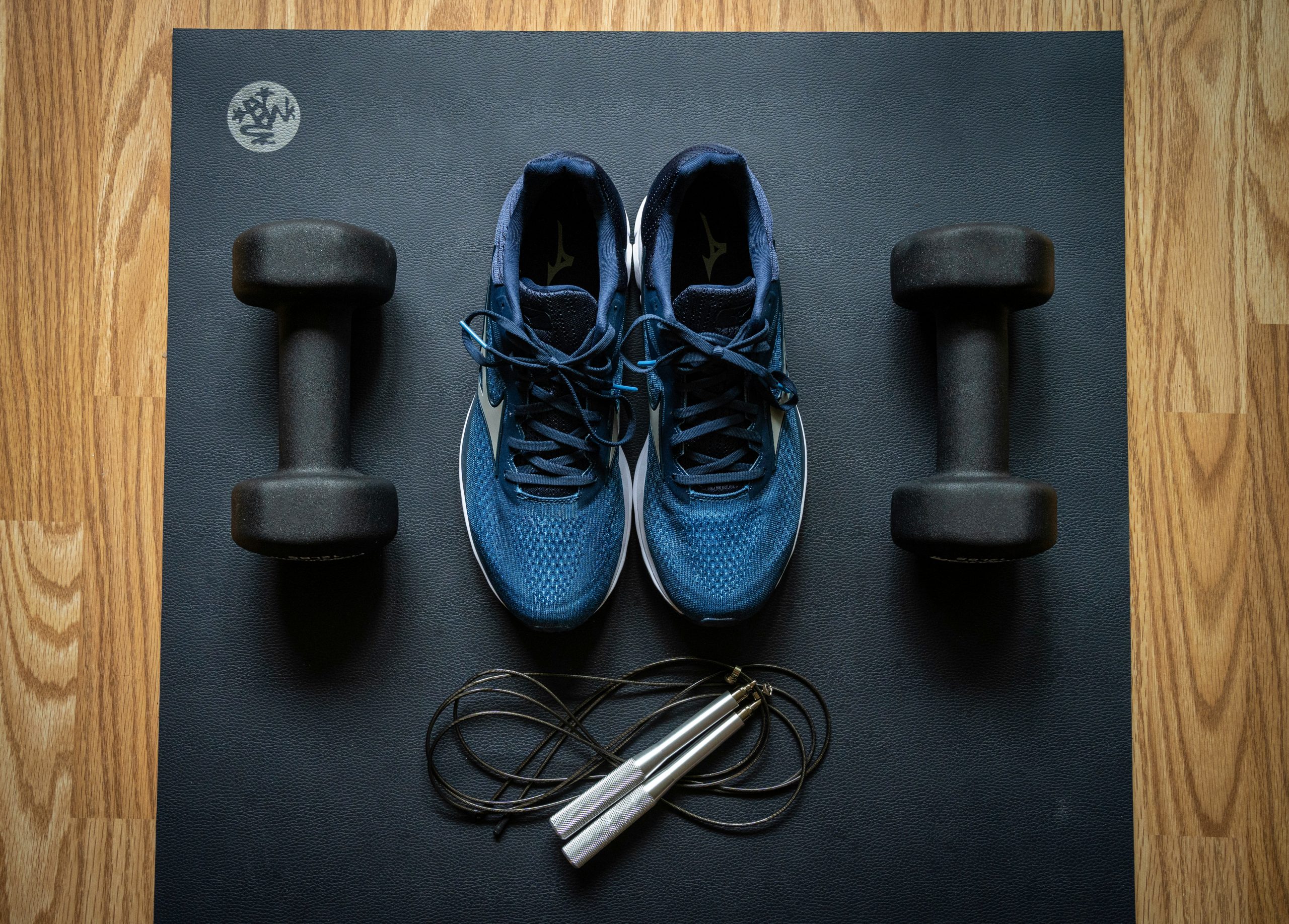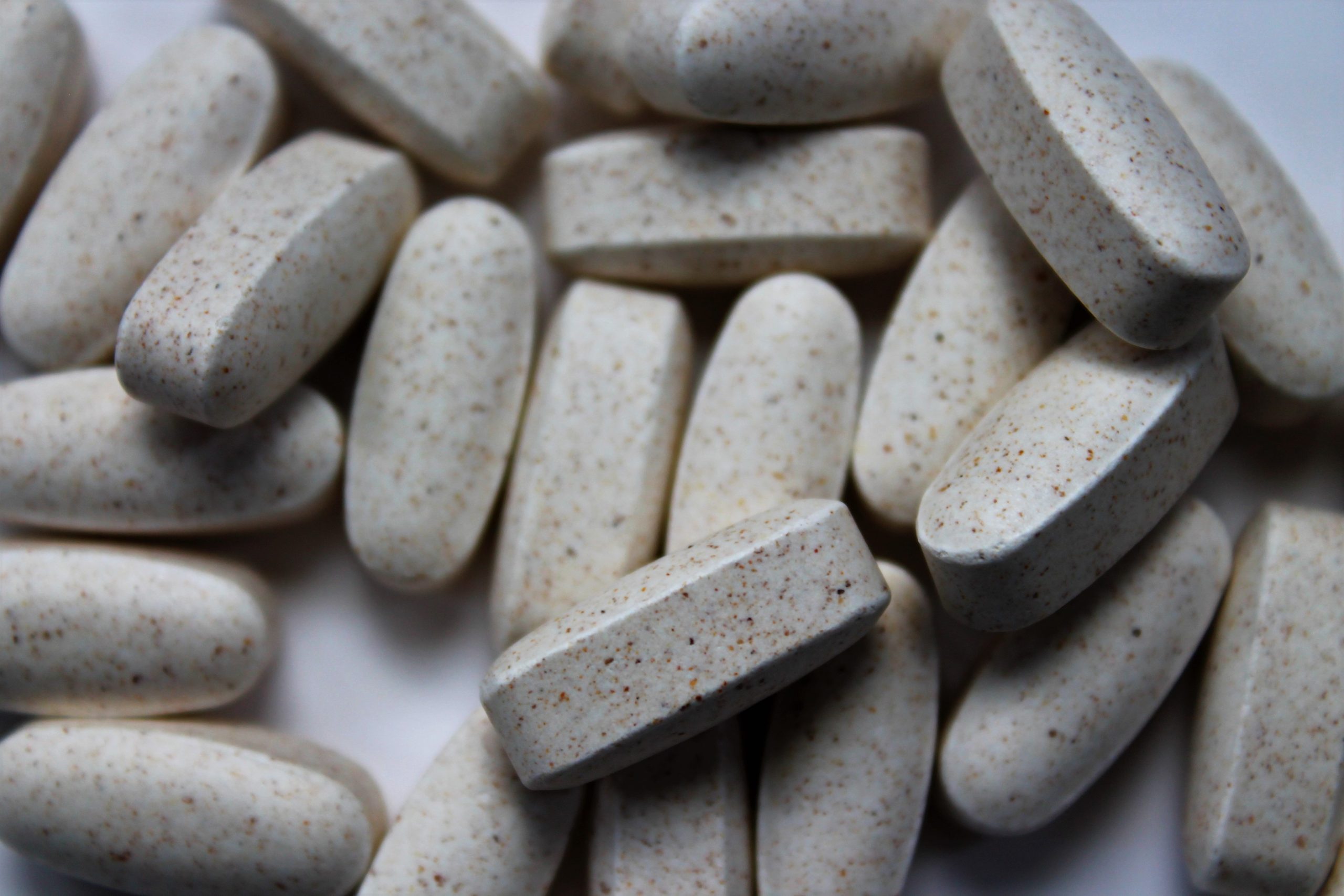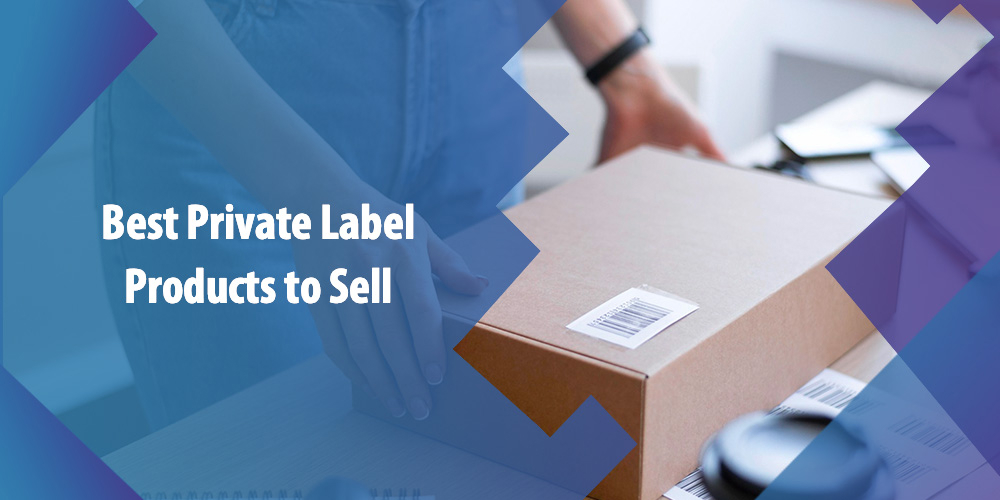What is a Private-Label Product?
The Definition of a Private Label
Private labeling means manufacturers or suppliers are in charge of producing products specifically for retailers, all under the distinctive brand names of the retailers themselves. This practice not only allows retailers to outsource production but also ensures that the products are sold under their unique brand identity. It is widely adopted in the e-commerce business, including for private label dropshipping.
It’s a strategy that enables businesses of all sizes and types to maintain their crucial competitive strengths. Many product genres come with private label lines, especially commonly in food, beverage, electronics, beauty products, and clothing.
Transform your business with private-label products! Customize, boost profits, and explore stylish options. Ready to begin your private labeling journey? HyperSKU offers dedicated support for effortless brand building!
How Does Private Labeling Work?
A successful private-label business operates by building a strong brand, establishing efficient online sales channels, and maintaining good relationships with manufacturers.
Retailers begin by researching their target market, creating a brand, and setting up sales channels to connect with customers. They collaborate with private-label suppliers to develop products they can buy, promote, and sell. The initial suppliers gain profits by selling goods to retailers, and retailers, in turn, profit by selling to consumers.
Many private-label retailers focus on specific niches, allowing them to understand consumer needs and tailor products accordingly. Notable private-label brands include Target’s Archer Farms, Walmart’s Great Value, and Costco’s Kirkland Signature. Amazon has Pinzon for its bedding product line and Happy Belly for packaged foods and dairy products. Tesco also adopts this strategy for its pre-packaged grocery items in the brand of Tesco Everyday Value.
This retail strategy has gained immense presence since it saves retailers from dealing with the manufacturing process, particularly in the colossal US market, where it contributes significant percentages, worth around 199 billion, in total retail sales.
Benefits of Private Label Products for Small Business
After understanding what is private labeling and how it works, now let’s look at some of the most noticeable perks that private label products bring to small businesses aiming to settle their unique space in the e-commerce realm.
Adaptability
Private label sellers can easily change their business plans to match what people want to buy. They can quickly catch on to the newest trends without being stuck to one way of production. Unlike brands with in-house manufacturing, private-label retailers can promptly respond to market dynamics, making adjustments based on customer feedback and sales performance.
Inspire Your Marketing Potentials
Private-label retailers have the freedom to craft and execute marketing campaigns tailored to their brand. This autonomy eliminates the need to adhere to rigid, outdated, conventional campaigns. Retailers can employ innovative and targeted strategies to promote their branded products effectively.
Decide on Pricing
You have full control over the pricing. Private label sellers can add extras to their products and charge a bit more. The control over manufacturing costs and pricing points enables experimentation with different formulas to optimize profit margins.
Build Your Own Brand
With private labeling, you’re not just selling a product; you’re selling a vibe. Shape your brand’s personality, voice, and look with full control.
High Profits Margins
Private-label products often generate higher profit margins compared to resale products. Retailers can leverage their brand power to set competitive prices or develop premium products, benefiting from direct sourcing at lower costs and the flexibility to determine retail prices.
Flexibility to Start Small
Launching a private label doesn’t have to break the wallet. The ability to start with a small product range and scale up gradually leads to entry into the market without significant financial commitments.
Build Solid Brand Loyalty
Create loyalty by offering what customers can’t find anywhere else. Exclusive, high-quality products under your brand can turn one-time buyers into lifelong customers.
The advantages of private-label products extend beyond just branding control and customization. In addition to building a unique identity, private-label items often offer higher profit margins, increased flexibility in pricing strategies, and the ability to respond promptly to market trends.
Now let’s take a closer look to see what kind of products present the most lucrative opportunities for your private-label strategy. We have gathered a list of the best private-label product suggestions. Read on!
Best Private Label Products to Sell
Smart Home Devices
Profit Margins: Around 30%
In the interconnected world of today, smart devices, ranging from speakers to TVs and thermostats, are highly popular for their convenience and energy efficiency. E-commerce platforms focused on these devices can generate impressive profit margins of around 30%, attracting tech-savvy consumers eager for the latest gadgets. Despite the appeal, competition is intense, so finding a niche is crucial for a competitive edge.
- Smart lock: 21,000 MSV
- Smart plug: 15,000 MSV
- Security camera: 14,000 MSV
- Smart home hub: 1,900 MSV
- Smart doorbell: 2,200 MSV
(MSV stands for Monthly Search Volume, here we present the data in the US market)
Phone Accessories
Profit Margins: Up to 70%
Phone cases, once protective accessories, are now style statements reflecting personalities. Ideal for Instagram sales, they can feature multifunctional elements and trendy designs. Beyond protection, these cases offer fashion appeal, keeping a steady demand due to regular smartphone updates. Other phone accessories like earphones, charms, and cleaning kits present lucrative opportunities as well, with easy storage and shipping.
Wireless charging products, given their low production cost and high market demand, have become one of the most lucrative products in this category with a high number of searches per month. Profit margins can reach up to 70% for most of the accessories, making this field highly promising.
- Screen protector: 45,000 MSV
- Phone case: 37,000 MSV
- Wireless charger: 24,000 MSV
- Earphones: 20,000 MSV
- Phone charm: 12,000 MSV
Apparel and Clothing

Photo by Burgess Milner on Unsplash
Profit Margins: Up to 50%
Private labeling in the clothing industry presents a lucrative opportunity, given the perpetual demand for clothing. This category offers diverse options, ranging from shirts to fitness apparel, jeans to boots, and boasts a high online search volume. Clothing and accessories include a broad category of products suitable for private labeling, allowing businesses to tap into niche markets such as sustainable fashion, sportswear, or trendy items of clothing.
By providing unique designs with high-quality materials, your brand can distinguish itself in this competitive landscape. Moreover, the global revenue in the apparel market is projected to continuously increase, reaching an estimated $1.94 trillion by 2027, marking a new peak after five consecutive years of growth. It is truly a category that cannot be overlooked.
- Sunglasses: 182,000 MSV
- Backpacks: 126,000 MSV
- Jeans: 122,000 MSV
- Yoga pants: 82,000 MSV
- Hiking boots: 60,000 MSV
- Tank top: 55,000 MSV
- Dress shoes: 47,000 MSV
- Workout shorts: 8,800 MSV
Interested in delving into the clothing business? Learn how to find the best clothing dropshipping suppliers with HyperSKU! Or check out our piece on teaching you how to start your own online boutique even if you’ve already had an offline store!
Pet Care Goods

Photo by Mathew Coulton on Unsplash
Profit Margins: 60%
In recent years, the overall sales of the pet market have consistently risen in the United States. In 2022, the highest-selling category within the pet market was pet food and treats, reaching a sales value of nearly $60 billion.
Notably, many online pet stores offer private-label food, often produced by manufacturers catering to a wide client base. Pet owners globally are devoted to ensuring the happiness of their furry companions, and willing to invest significantly in various products or goods for their beloved companions, from food, and supplements to toys.
- Cat litter: 34,000 MSV
- Pet food: 33,000 MSV
- Dog toys: 2,100 MSV
- Pet shampoo: 1,500 MSV
Beauty Products
Profit Margins: Up to 60%
Private-label cosmetics and skin care products offer customized solutions for diverse skin types, concerns, and target audiences, including vegan, cruelty-free, and organic options for environmentally conscious consumers. Creating ranges for different skin types and conditions expands your customer base, and adding items such as sheet masks or beauty tools enhances your product line for sure.
In 2022, the Beauty & Personal Care market achieved a global revenue of $581.87 billion, with Personal Care standing out as the leading segment. The beauty industry is receptive to trends, making private labeling a lucrative opportunity, especially when aligned with social media-informed product choices.
- Hyaluronic acid: 161,000 MSV
- Sunscreen: 46,000 MSV
- Moisturizer: 37,000 MSV
- Lotion: 25,000 MSV
- Eye cream: 15,000 MSV
- Exfoliating toner: 1,100 MSV
Fitness Equipment

Photo by Alexandra Tran on Unsplash
Profit Margins: Around 15%
With the rise in home fitness trends during the pandemic, there’s a growing market for workout equipment like resistance bands, yoga mats, foam rollers, kettlebells, and dumbbells, making it a niche with lucrative potential even in the post-pandemic era. As of 2022, the sports equipment market in the United States holds an estimated value of around $17.5 billion. Projections indicate that by 2025, the revenue from the market is expected to exceed $20 billion.
To stand out, think about offering unique designs, colors, and materials on your label. This surge in at-home fitness also presents an opportunity for gyms to dive into private labeling, featuring yoga mats, ergonomic weightlifting equipment, and other accessories like resistance bands and foam rollers. Of course, fitness apparel has also become a lucrative option for business owners in the field.
- Resistance bands: 135,000 MSV
- Kettlebell: 67,000 MSV
- Dumbbell: 20,000 MSV
- Yoga mats: 9,600 MSV
- Foam rollers: 2,200 MSV
Hair Care
Profit Margins: 70%
Entering the hair care industry with a private label allows you to cater to people with various hair types, conditions, and styles. In the year 2022, consumers in the United States allocated approximately $85.53 annually on hair care products. Promoting natural ingredients enhances your brand’s appeal while focusing on niche markets like curly hair care or hair loss solutions can attract more customers for sure. Some other great business ideas for this genre include moisturizing masks for dry hair, providing chemical-free choices, and styling products, like hair gel, wax, and cream, in your product line.
- Shampoo: 47,000 MSV
- Hair oil: 25,000 MSV
- Hair gel: 12,000 MSV
- Hair wax: 9,900 MSV
- Conditioner: 3,500 MSV
- Styling cream: 2,800 MSV
Health Supplement

Photo by Amanda Jones on Unsplash
Profit Margins: 30-50%
The health and wellness market’s growth has fueled interest in private-label supplements. This is not limited to the fitness apparel and equipment products. What we eat is equally important for our health. Try selling unique formulations, like vegan protein powders, probiotics, or other supplements, to meet specific customer needs. Target the fitness community seeking effective supplements for enhanced performance and recovery. Promote clean, high-quality ingredients to make your brand stand out more and appeal to a broader consumer base.
- Probiotics: 152,000 MSV
- Protein powder: 113,000 MSV
- Vitamin: 37,000 MSV
Kitchen Gadgets
Profit Margins: 5-8%
Kitchen gadgets become more than tools—they become delightful companions in our everyday culinary adventures nowadays. In 2021, the retail sales value of kitchen gadgets in the United States is projected to reach a total of $17.6 billion. Create a brand that offers not just high-quality gadgets, but solutions to everyday kitchen challenges while adding a touch of charm to your home. You are selling more than gadgets and kitchenwares, it’s a life experience that you want to target and highlight,
- Knife sharpener: 63,000 MSV
- Blender: 55,000 MSV
- Pasta maker: 32,000 MSV
- Vegetable chopper: 9,700 MSV
- Cheese grater: 3,400 MSV
Food & Snacks
Profit Margins: Around 50%
The food and snacks market in the United States is anticipated to expand further, projected to achieve a value of $32.7 billion by 2026. Niche-focused private-label products in the healthy snacks category are gaining popularity. Target specific dietary preferences such as vegan, gluten-free, or low-sugar, or stand out with unique flavors. Research market trends and competitors to find opportunities for your private-label brand. Trending snacks, candies, and food items, including sauces, spices, or other organic options can also be profitable markets to aim at.
- Chocolate: 185,000 MSV
- Pasta: 170,000 MSV
- Snacks: 131,000 MSV
- Condiments: 18,000 MSV
- Organic Food: 7,500 MSV
Ready to start your private labeling journey after browning so many tempting options to sell? Get support with HyperSKU for an easy brand-building experience now!
FAQs
-
How Do I Find a Trustworthy, Reliable Manufacturer for Private-Label Products?
Here are 4 key qualities to look for in a reliable manufacturer of private-label products:
Specialization and Quality: Focus on companies that specialize in your specific product category, and prioritize the verification of product quality before committing to a partnership.
Collaboration and Communication: Choose manufacturers willing to work closely with you in developing your private-label brand and the ones with open lines of communication to ensure a collaborative partnership.
Industry Recommendations: Ask for referrals from other business owners within your industry.
Sample Requests Available: Don’t hesitate to request samples to assess the quality of their products firsthand.
-
What are Some Strategies to Sell Private-Label Products Successfully?
Here are some good practices for your private-labeling business:
Responsive Product Development: Stay ahead of the competition by incorporating customer insights into your product development process. Adapt your offerings based on consumer preferences and emerging trends.
Flexible Pricing Strategies: Observe sales trends and adjust pricing strategies in response to the market.
Branded Packaging: Invest in high-quality packaging and labeling that aligns with your brand identity. Create a positive and memorable visual design and packaging.
Customer Relationship: Build strong relationships with your customers. Foster loyalty through personalized interactions, ensuring a higher likelihood of repeat purchases.
-
Which Platforms Can I Sell My Private-Label Products?
When it comes to selling your private label products, the possibilities are vast, allowing you to tap into diverse marketing channels. One impactful route is to create your e-commerce store, leveraging platforms like Shopify with many design templates to choose from, opening the door to millions of online shoppers and creating endless business potential.
Additionally, Amazon is also a lucrative option, providing efficient client management through services like Fulfillment by Amazon (FBA). Facebook Marketplaces offer a unique avenue to connect with your target audience within various groups.
The visually engaging Instagram platform, with its majority of younger users, serves as an excellent space for brand development and sales, where influencer marketing can be a powerful strategy, targeting Gen Z or even the younger generation.
-
How Do I Decide Which Private-Label Products to Sell?
Here we list out some of the important factors to help you choose the best private-label products for your business. Pay attention to these factors closely to make informed decisions when choosing products.
Identify Your Niche: Conduct product research to discover your interests and where your target market exists.
Test Samples: Prioritize product development and personally test samples to ensure quality and alignment with your brand.
Evaluate Profit Margins: Consider potential profit margins and production costs to ensure a sustainable business model.
Analyze Competitors: Study competitors and market trends to position your private-label products effectively.
Assess Trends: Identify trending products or areas with unmet demand and gaps to stay competitive in the market.
Enjoy All Advantages of Selling Private Label Products with HyperSKU’s Support
Jumping into private-label products can be a game-changer for your business, bringing in perks like customizable options and better profits. With so many stylish and profitable products out there, the thought of starting your private labeling journey is probably hard to resist! With HyperSKU’s dedicated support, building and growing your brand has never been easier.From negotiating unbeatable prices and low MOQs with factories to providing express shipping and a professional team for comprehensive assistance, HyperSKU ensures a smooth journey toward a thriving and sustainable business. Don’t miss out on the endless possibilities; take the first step to elevate your store and achieve success with private-label products. Join HyperSKU now and turn your business vision into a reality!

